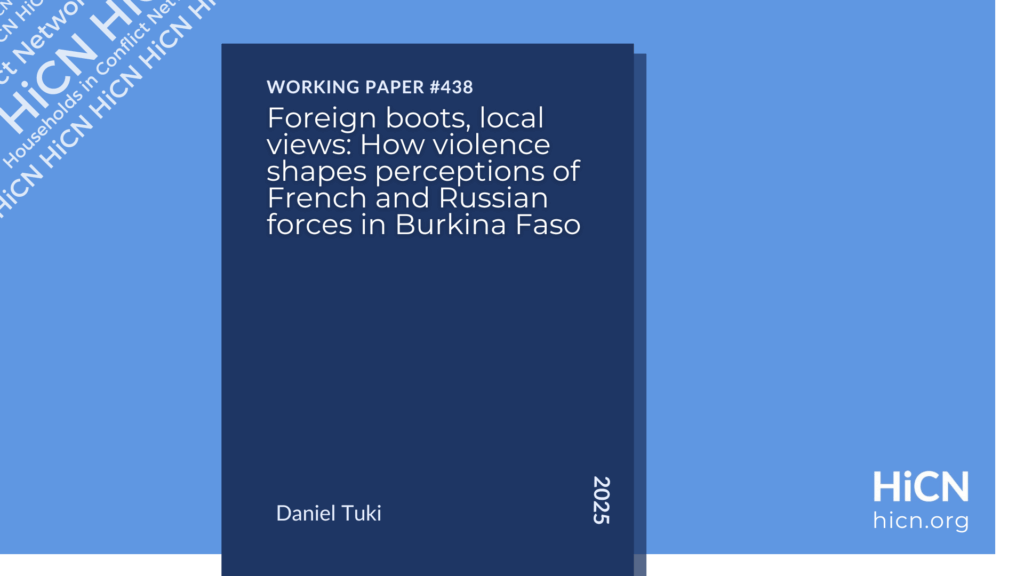
Although considerable attention has been given to the growing realignment of many West African countries away from their former colonial ruler, France, and toward Russia—particularly in the realm of security cooperation—there remains a notable lack of large-N empirical research investigating how ordinary citizens perceive the effectiveness of foreign military forces from these countries. This study addresses that gap by focusing on Burkina Faso, a country that recently expelled French troops and welcomed Russian forces into its security landscape. Using nationally representative data from Afrobarometer, I examine how exposure to violence—both in the form of personal victimization and proximity to conflict—shapes public assessments of the contributions of French and Russian troops to national stability. Descriptive results indicate that citizens rate Russian forces significantly more favorably than their French counterparts. Regression analyses reveal that both victimization and conflict exposure are associated with more negative evaluations of French troops, although the relationship is relatively weak in the case of conflict exposure. In contrast, victimization is not correlated with perceptions of Russian troops, and while conflict exposure is positively associated with more favorable views of Russian forces, this finding is not robust when alternative measures of conflict exposure are used. Taken together, these results suggest that public attitudes toward foreign military actors may be shaped not only by security conditions on the ground but also by broader historical and geopolitical narratives.